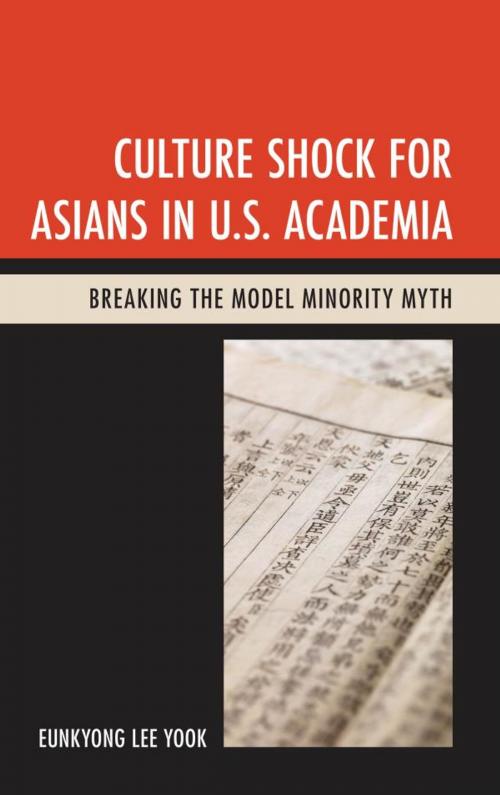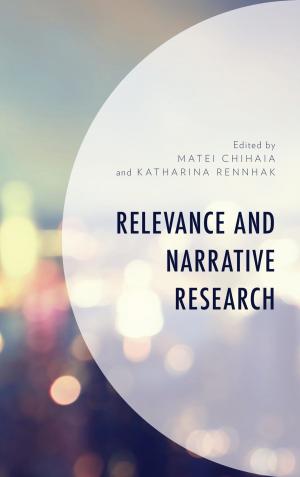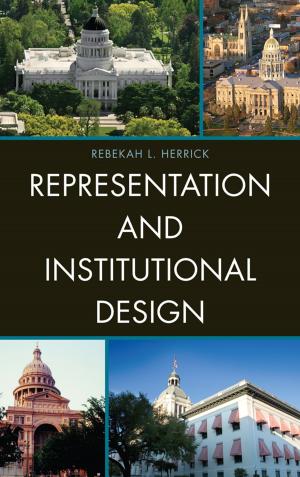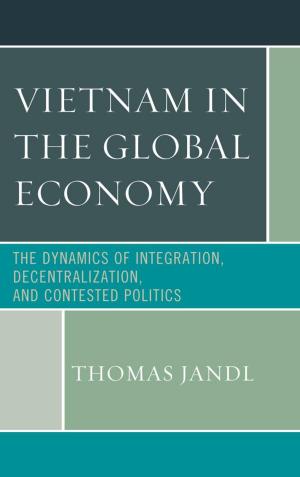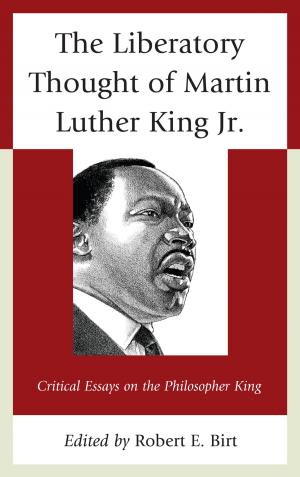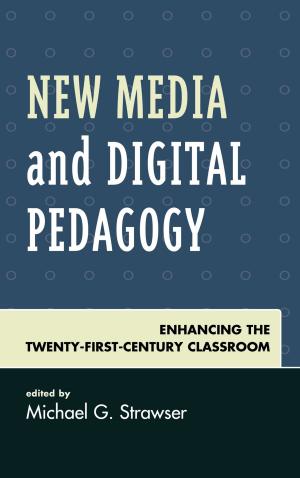Culture Shock for Asians in U.S. Academia
Breaking the Model Minority Myth
Nonfiction, Social & Cultural Studies, Social Science, Cultural Studies, Minority Studies, Ethnic Studies| Author: | Eunkyong Lee Yook | ISBN: | 9780739178850 |
| Publisher: | Lexington Books | Publication: | November 26, 2013 |
| Imprint: | Lexington Books | Language: | English |
| Author: | Eunkyong Lee Yook |
| ISBN: | 9780739178850 |
| Publisher: | Lexington Books |
| Publication: | November 26, 2013 |
| Imprint: | Lexington Books |
| Language: | English |
Culture Shock for Asians in U.S. Academia: Breaking the Model Minority Myth discusses the unique cultural challenges that Asians face in U.S. academia. The issues facing Asians in academia are worthy of our attention for two major reasons: the numerical significance of Asians in U.S. academia and the fact that their problem has been largely eclipsed due to their visible success and status as model minority. Asian immigrants are often called the “model minority” because of their Confucianist work ethic and emphasis on “ye," or social order, as well as the high value placed on education. Additionally, Asians generally have often been stereotyped as excelling in academics. However, they face serious problems in adjusting to the U.S. academic system. These problems are due to cultural patterns and variables that are largely invisible, yet nonetheless have an undeniable impact on academics. The issues that affect students ranging from kindergarten through graduate school, and that also affect scholars in academic careers beyond the formative process, are reviewed systematically in this book. Analysis of issues is based on intercultural communication theories and suggestions for overcoming these challenges are suggested.
Becoming aware of and addressing the roadblocks for Asians is important not only for Asian students and scholars, but also for educators, education administrators, and institutions. Additionally, helping Asians to overcome the challenges in academia not only helps academia to become a more inclusive place where all students can learn and all scholars can work in academia successfully, it also benefits society by producing a more literate, educated, and qualified workforce overall. By promoting understanding of this important topic in a systematic and theoretic fashion, valuable resources can be realized to their full potential.
Culture Shock for Asians in U.S. Academia: Breaking the Model Minority Myth discusses the unique cultural challenges that Asians face in U.S. academia. The issues facing Asians in academia are worthy of our attention for two major reasons: the numerical significance of Asians in U.S. academia and the fact that their problem has been largely eclipsed due to their visible success and status as model minority. Asian immigrants are often called the “model minority” because of their Confucianist work ethic and emphasis on “ye," or social order, as well as the high value placed on education. Additionally, Asians generally have often been stereotyped as excelling in academics. However, they face serious problems in adjusting to the U.S. academic system. These problems are due to cultural patterns and variables that are largely invisible, yet nonetheless have an undeniable impact on academics. The issues that affect students ranging from kindergarten through graduate school, and that also affect scholars in academic careers beyond the formative process, are reviewed systematically in this book. Analysis of issues is based on intercultural communication theories and suggestions for overcoming these challenges are suggested.
Becoming aware of and addressing the roadblocks for Asians is important not only for Asian students and scholars, but also for educators, education administrators, and institutions. Additionally, helping Asians to overcome the challenges in academia not only helps academia to become a more inclusive place where all students can learn and all scholars can work in academia successfully, it also benefits society by producing a more literate, educated, and qualified workforce overall. By promoting understanding of this important topic in a systematic and theoretic fashion, valuable resources can be realized to their full potential.
